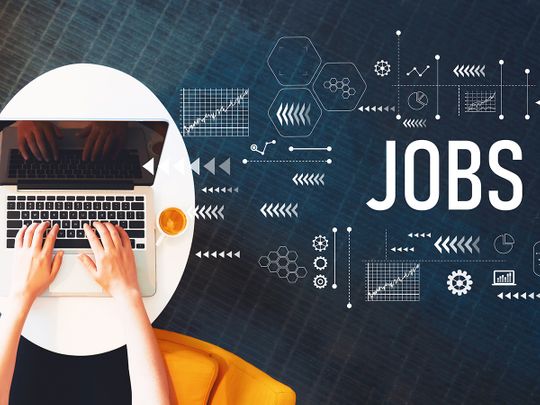The International Monetary Fund (IMF) estimates that the growth of artificial intelligence (AI) might impact nearly 40% of occupations globally, a development that is expected to exacerbate inequality.
To combat the effects of AI, IMF chief Kristalina Georgieva urged nations to create social safety nets and provide retraining opportunities in a blog post published on Sunday.
She wrote this ahead of the World Economic Forum (WEF) in Davos, Switzerland, where the topic is expected to be high on the agenda. In most cases, AI will probably worsen overall inequality, a troubling trend that policymakers must proactively address to prevent the technology from further stoking social tensions.
AI is predicted to have a mixed effect on the labor market as more companies and employees use it, according to Georgieva.
Georgieva echoed earlier warnings from other specialists, predicting that industrialized economies would experience a more severe impact than emerging ones, in part due to the perception that manual laborers are less vulnerable than white-collar professionals.
For instance, AI may have an impact on up to 60% of jobs in more developed economies. She estimated that about half of them might profit from the way AI increases productivity.
For the other half, Georgieva cited the IMF’s findings in writing. AI applications may complete important jobs that are currently completed by people, which could lessen labor demand and result in lower salaries and fewer hiring. Some of these jobs might vanish in the worst-case scenarios.
AI is predicted to impact 40% of jobs in emerging economies and 26% of jobs in lower-income countries. Emerging markets are regions experiencing continuous economic expansion, like Brazil and India, but low-income countries are developing nations where the per capita income falls below a specific threshold, like Burundi and Sierra Leone.
According to Georgieva, there is a chance that AI will eventually make inequality worse because many of these nations lack the infrastructure and trained labor to fully utilize its potential.
She cautioned that if younger, less seasoned workers seized on the technology as a way to assist enhance their output while more senior workers struggled to stay up, it may increase the likelihood of social upheaval.
When ChatGPT went viral last year, artificial intelligence (AI) became a major subject at the WEF in Davos. Because of its generative AI-powered ability to compose essays, speeches, poetry, and other types of writing, the chatbot phenomenon has generated discussions about how it can alter the way people operate globally.
Since then, advances in technology have led to a wider application of AI chatbots and systems, increasing their general appeal and encouraging significant investment.
Several tech companies have already explicitly said that AI is the reason they are reconsidering their workforce size.
Although workplaces may change, a March 2023 projection by Goldman Sachs economists suggests that widespread adoption of AI could ultimately raise labor productivity and boost global GDP by 7% annually over a 10-year period.
In addition, Georgieva listed potential uses of AI to increase productivity and incomes globally in her blog article.
The world economy would be transformed by AI, the author predicted. Let us ensure that it is advantageous to mankind.








